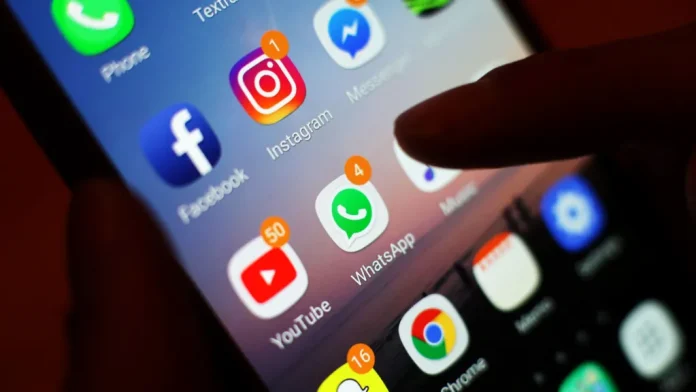Banning smartphones in schools is increasingly seen as beneficial for students’ learning and emotional wellbeing, according to educators in the Channel Islands, prompting calls for widespread implementation of such policies. Over recent years, the majority of secondary schools in Guernsey and Jersey have adopted measures to restrict or outright prohibit the use of devices during school hours. While there is no legal ban enforced by politicians, guidelines have been issued to regulate smartphone usage, reflecting a growing consensus among educational leaders.
Last year, UNESCO advocated for a ban on smartphones in schools, citing concerns over their negative impact on educational performance. This stance was supported by findings from the UK communications regulator Ofcom, which reported that nearly nine out of ten children in the UK own a mobile phone by the age of 11. Ofcom underscored the need for increased vigilance from both social media platforms and caregivers to shield children from harmful online content.
Daniele Harford-Fox, principal of Guernsey’s Ladies College, strongly advocates for banning smartphones in schools, particularly for children under 16. She points to the addictive nature of social media algorithms and the consequential rise in mental health issues among young people. For her, implementing a ban during school hours offers crucial protection from these influences, fostering a calmer and more connected school environment where students have more opportunities for social interaction and play.
Liz Coffey, executive principal of the Secondary School Partnership in Guernsey, echoes these sentiments, noting that all four of the island’s States-funded high schools have adopted similar policies. She highlights the consensus among school leaders that such measures are effective, although continuous evaluation is undertaken to explore additional supportive measures.
Deputy Rob Ward, Jersey’s Minister for Education and Lifelong Learning, emphasizes the importance of parents and guardians aligning with school policies regarding smartphone use. He encourages careful consideration of the level of access children have to smartphones outside of school hours, stressing the need for collaboration between parents, schools, and students to promote safe and responsible phone usage.
In Dr. Carmel Corrigan, Jersey’s Children’s Commissioner, believes that outright bans on smartphone technology may not be the most effective approach in today’s digital age. She acknowledges the positive aspects of smart technology, such as enhancing safety, education, and social connections. Dr. Corrigan advocates for striking a balance between safeguarding children from online harms while harnessing the benefits that technology offers for learning and development.
The debate over smartphones in schools extends beyond the Channel Islands, with educators and policymakers worldwide grappling with similar concerns. Proponents of bans argue that restricting smartphone use can mitigate distractions, enhance focus during instructional time, and reduce cyberbullying and other online risks. They point to studies indicating improved academic performance and social interactions in schools with restrictive smartphone policies.
However, critics contend that blanket bans may overlook the educational potential of smartphones and fail to prepare students for responsible digital citizenship in an increasingly connected world. They argue for nuanced approaches that integrate digital literacy education, teach responsible phone use, and empower students to make informed decisions about technology.
Across educational institutions, the implementation of smartphone policies varies. Some schools opt for complete bans during school hours, allowing exceptions for educational purposes or emergencies. Others adopt partial restrictions, permitting limited phone use under supervision or in designated areas. These policies are often complemented by initiatives to educate students, parents, and educators about safe and productive technology usage.
managing smartphone policies requires collaboration and ongoing evaluation. Schools must adapt to changing technologies and societal norms while ensuring the safety and wellbeing of their students. Strategies include providing alternative communication methods, promoting face-to-face interactions, and integrating digital citizenship education into the curriculum.
Technology continues to evolve, so too will the discourse surrounding smartphones in schools. Finding the right balance between leveraging technology for educational enrichment and safeguarding students from its potential harms remains a critical challenge for educators, policymakers, and parents alike. By fostering dialogue and adapting policies to reflect evolving societal needs, schools can effectively navigate the complexities of smartphone use in the educational setting, ultimately supporting students in their academic and personal development.























